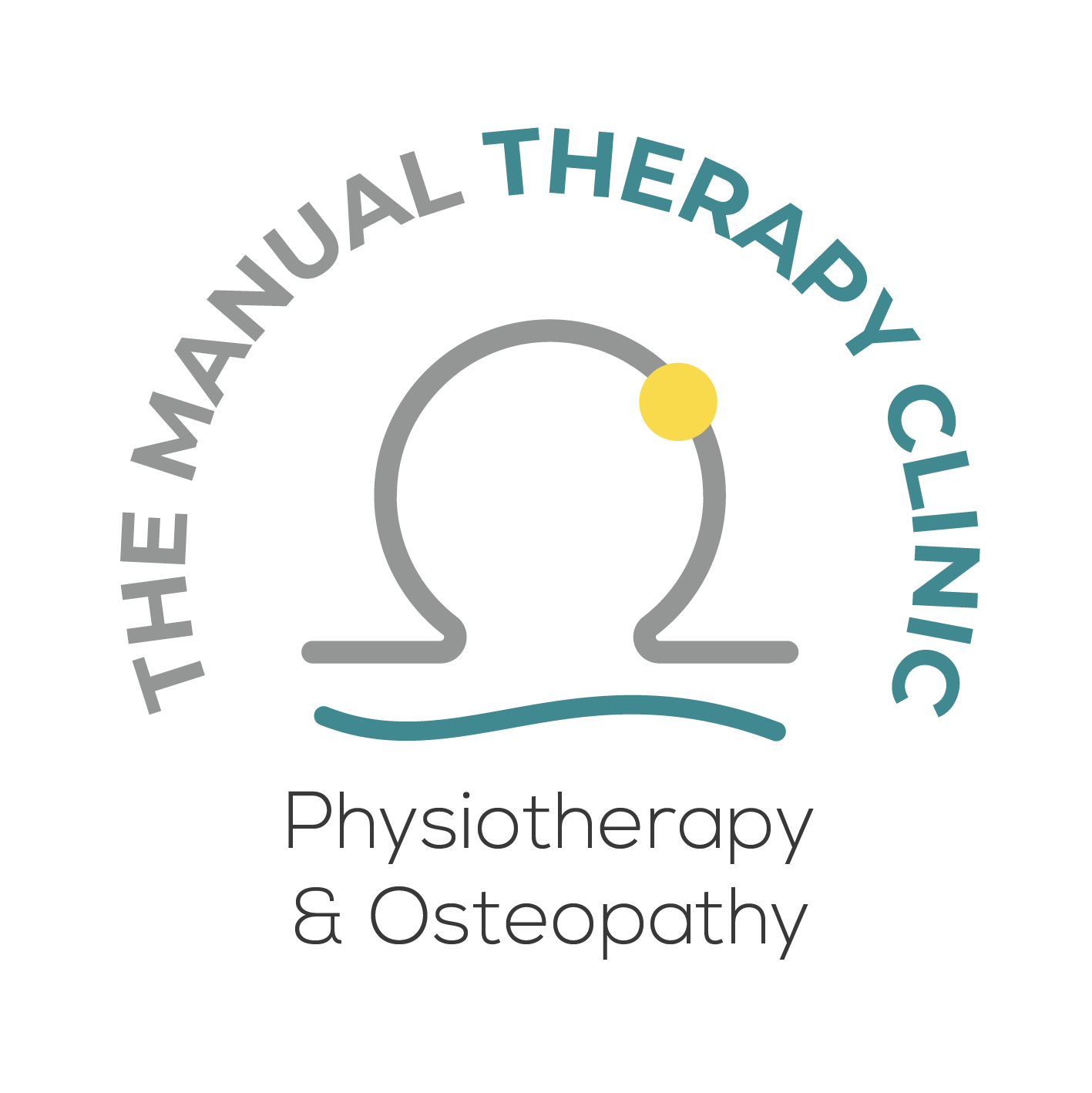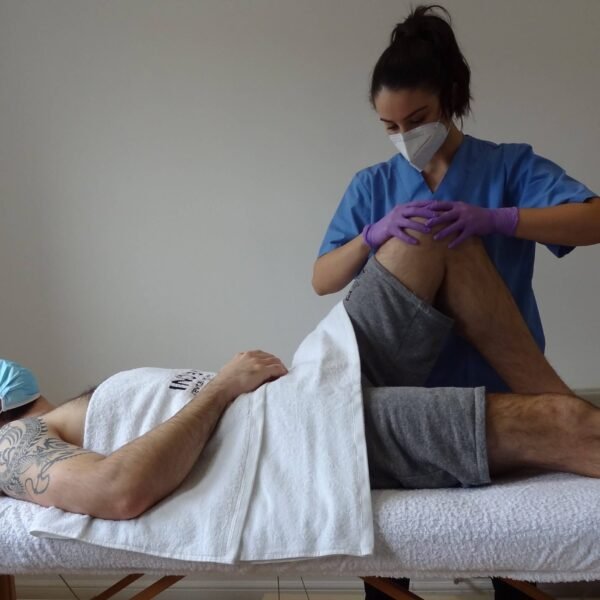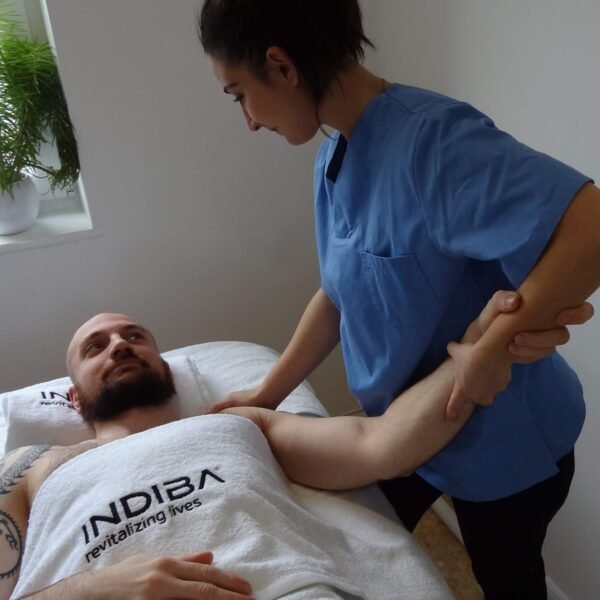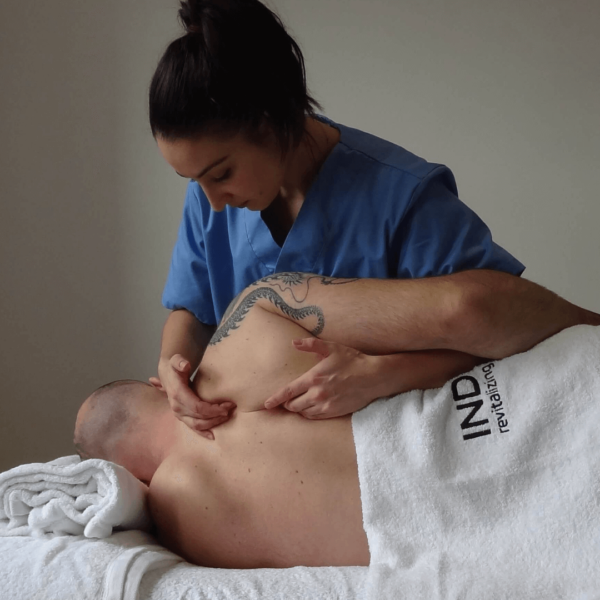At The Manual Therapy Clinic, we have a team of professional and highly experienced physiotherapists dedicated to providing specific treatment for your condition using science-based methods.
Our mission is to make sure our patients recover and feel better; therefore, we prioritise delivering quality services and treatments.
What is it?
Physiotherapy is a type of healthcare service that focuses on musculoskeletal (MSK) disorders, consisting of bones, joints, muscles, tendons, and ligaments. This medical discipline is provided by Health Care Professionals (HCP) who must be registered with HCP bodies, such as The Health and Care Professions Council (HCPC) in the UK. These organisations regulate that these professionals meet specific standards in education (a minimum of a bachelor’s degree) and clinical practice to ensure professionalism. Our practitioners are also fully insured by The Chartered Society of Physiotherapy (CSP).
Our physiotherapists perform comprehensive and detailed assessments of your condition or injury to provide an evidence-based diagnosis. After identifying the underlying problem, they prescribe a personalised rehabilitation plan or treatment using a variety of methods and techniques. Depending on your symptoms, a physiotherapist may ask you to take additional tests, such as an MRI scan or X-rays, to gather more information. They can also refer you to other specialists, such as sports and deep tissue massage therapists for specific work on your tissues, or surgeons if you require a major procedure.
What techniques do our physiotherapist use?
At the Manual Therapy Clinic, we employ a variety of methods to ensure a speedy recovery and return to your normal daily activities. Our physiotherapists will provide you with a personalised treatment plan based on your specific condition.
At our clinic, we integrate various manual techniques such as muscle energy techniques (MET), mobility techniques (passive/assisted/resisted), trigger points, myofascial release, and neurodynamic methods to restore function, reduce pain, and promote normal MSK or joint mobility and flexibility.
Our therapists at the Manual Therapy Clinic can do Trigger Points to release muscle “knots” and decrease muscle tension and tightness.
Myofascial release reduces fascia (a type of connective tissue that surround the muscles) tensions thereby liberating the muscles and enabling free movement.
We can also employ neurodynamic methods, used to mobilise nerves in our body to help manage and treat physical pain caused by peripheral nerve compression. This method is used to treat conditions like carpal tunnel syndrome, cubital tunnel syndrome, tarsal tunnel syndrome, or neuropathic pain, among others.
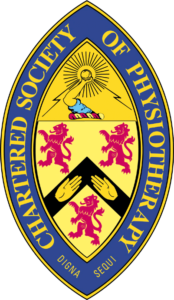
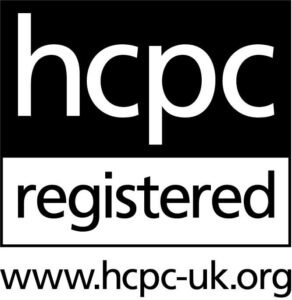
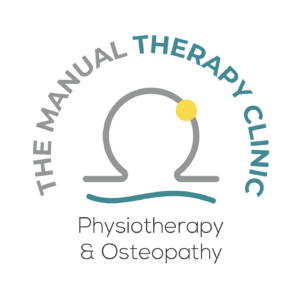


Our physiotherapists are trained in different rehabilitation methods.
At The Manual Therapy Clinic, we are experts in biomechanical assessment and can integrate a rehabilitation protocol to educate the patient on postural modification and correction. This can help alleviate pain and injuries from daily or sports activities.
Moreover, we can design a physical rehabilitation plan after a sports injury (more information in Sports Injury and Rehabilitation Clinic). Our practitioners are competent in Neurologic Rehabilitation.
Physiotherapists use methods like 1) Kabat, employed to re-educate motor control and aid with the recovery of chronic pain, rehabilitation for facial nerve palsy, and restoring motor impairments after a stroke. 2) Perfetti, a neurocognitive method used to stimulate cognitive processes like perception, attention, and problem-solving using therapeutic exercises, is applied to patients that suffered from stroke, hemiplegia, Guillain barre, or spasticity. 3)
Bobath approach, aims to restore normal posture and reflex for normal motor functions. It is used to treat people with neuro-motor dysfunctions due to central nervous system (brain, and spinal cord) damage like Cerebral Palsy.
At the clinic, we also offer popular methods used in physiotherapy. Our therapists can apply dry needling, thought to reduce muscle tone and pain, increase function and boost recovery.
These effects have been suggested to be mediated by promoting blood flow, acting directly into nerves to restore homeostasis and pain sensation, and producing a muscle contraction that relaxes them and restores length. At The Manual Therapy Clinic, our physiotherapists know how to apply specific bandages like kinetic bandages to restrict movement during acute injuries, functional bandages to allow movement while providing support during the recovery phase of an injury, and drainage bandages to help drain and reduce swelling. At the clinic, we also apply diathermia using INDIBA®, to improve pain and recover mobility after acute or chronic injuries, and post-surgical procedures (for more information visit INDIBA® Physiotherapy).
When do I need it?
You have an MSK condition (back pain, muscle, tendon, joint, ligament injuries) or a pain that is not resolving after 7-14 days.
You have pain and are unsure of what is causing it. You have a chronic condition like arthritis or osteoarthritis. If you are recovering from a broken bone or surgery, then a physiotherapist will be able to help you to recover with hands-on treatment or rehabilitation exercises.
Common conditions (but not limited to) that can be treated:
Lumbago
Osteoarthritis
Neck pain
Sciatica
Costochondritis
Pre/post-surgery
What to expect?
During your first visit, a physiotherapist will go through your medical and physical health history.
You will be asked questions about your problem and a physical examination will be performed to find the underlying cause.
After, the assessment you will be given a treatment and rehabilitation plan. In some instances, you will be referred to another specialist for a specific treatment.
Depending on your symptoms you may be asked to take further clinical tests to underpin more precise information of your condition.

Medical and physical health history

Physical Examination

Treatment and Rehabilitation plan

1
Medical and physical health history

2
Physical Examination

3
Treatment and Rehabilitation Plan
